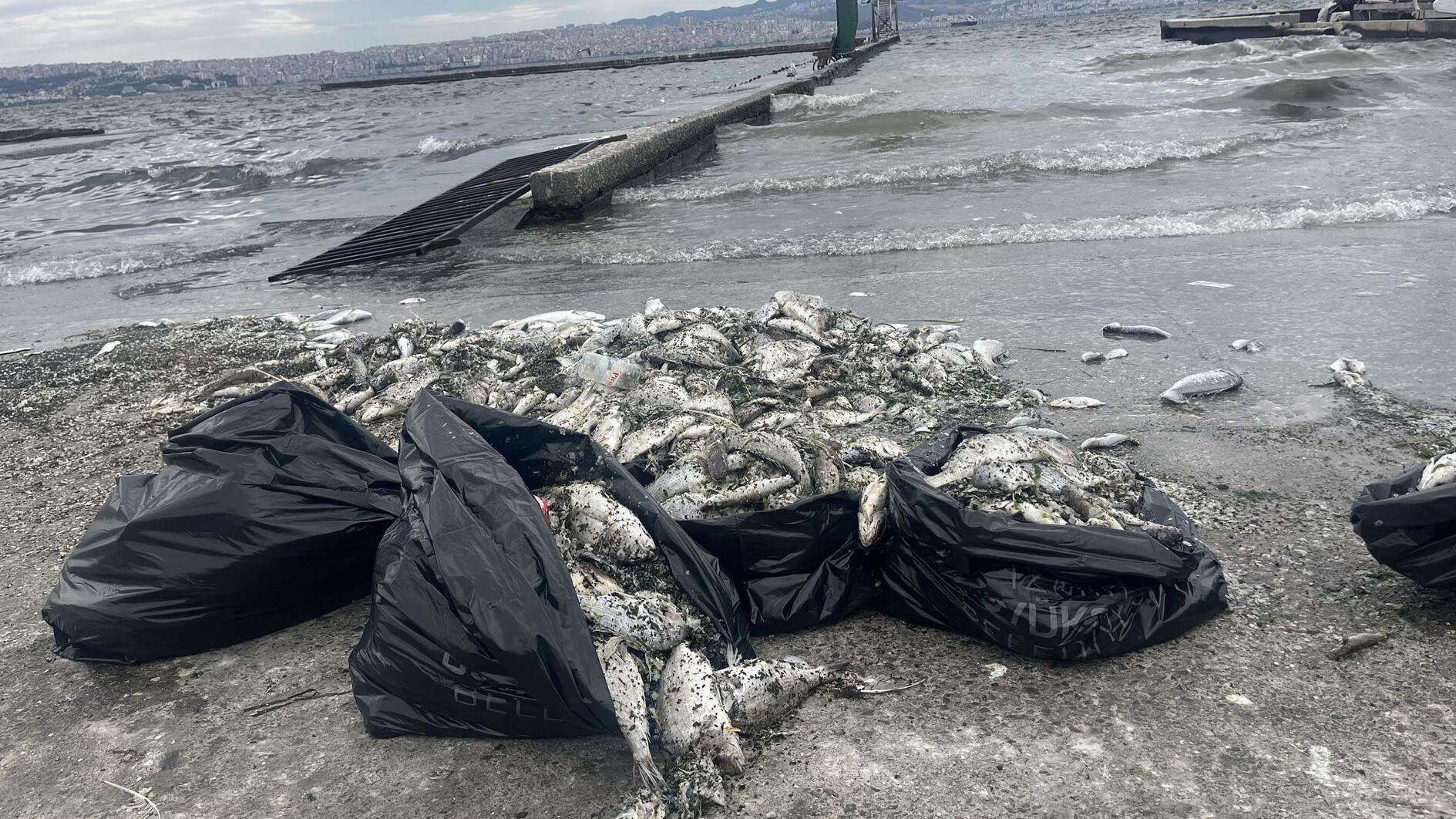
Fishermen in the Aegean Sea are reporting a significant drop in fish stocks in the Gulf of İzmir, attributing the decline to increased pollution levels.
According to local sources, the variety and quantity of fish caught between Sept. 1-15 this year have plummeted by half compared to the same period last year. Fishermen noted that 60-70 percent of their catch is now being sent to fish farms as feed.
Aegean fishermen set sail on Sept. 1, following the end of the hunting ban. However, they were met with disappointment as they struggled to catch enough fish to maintain their livelihood.
As temperatures in the sea rise, fish are moving to deeper water, which has made it difficult for smaller species to reproduce.
Mehmet Aksoy, the head of a fishermen’s association in the western province of İzmir, confirmed the troubling situation.
He pointed out that there are 50 large fishing boats affiliated with his association, but the low yields have made it difficult for them to break even.
“But right now, many vessels, especially those working in the Kuşadası region, are only bringing in around 100 cases of anchovies per trip. That’s not nearly enough for the İzmir market, nor does it cover the costs,” Aksoy explained. “The weather hasn’t been favorable either, but today things are looking up.”
The fish die-offs in the Gulf of İzmir were first noticed on Aug. 20, with several markets ceasing their purchases from affected areas.
Boats were prohibited from fishing in the inner gulf, where oxygen depletion in the water — not poisoning — was identified as the primary cause of death among the fish.
Aksoy expressed concern over public perceptions, especially after dead fish in the Black Sea province of Rize were falsely believed to have been sourced from İzmir.
“We don’t want the public to think we’re dumping dead fish into the sea. Instead, we collect them and dispose of them properly.”